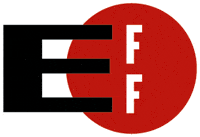Articles by Electronic Frontier Foundation (EFF)
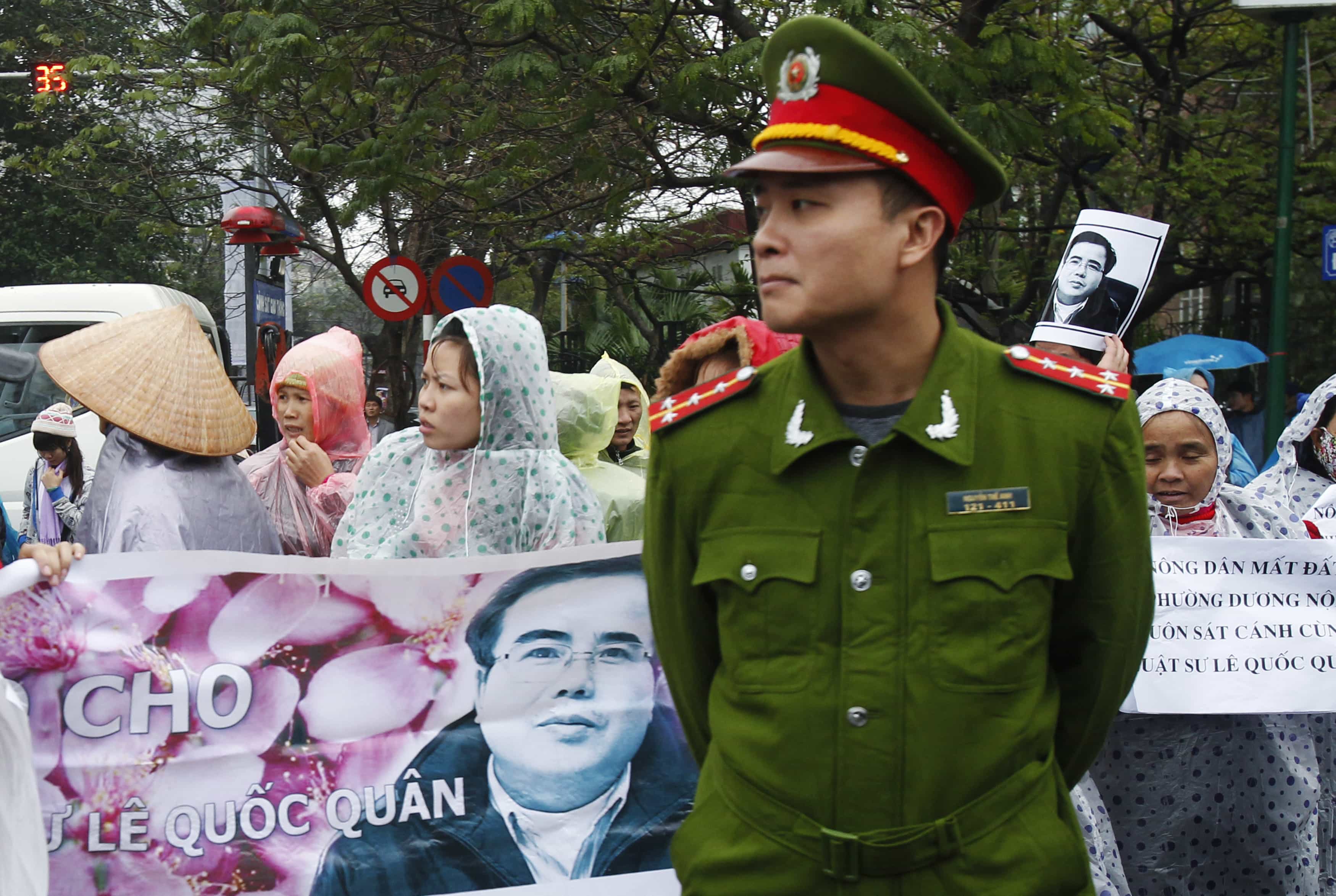
Joint appeal for release of Le Quoc Quan
Human rights organisations urge Vietnam to comply with UN and release human rights lawyer.
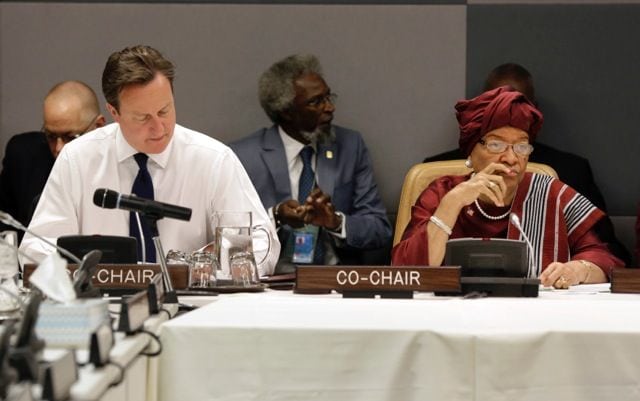
Lyon Declaration: Global call to include access to information in UN development agenda
IFEX members and partners from around the world urge the UN to include access to information in the Agenda for the Post-2015 Sustainable Development Goals.

Hanoi government must stop attacks against Vietnam’s Facebook community
Vietnamese authorities are using so-called “opinion shapers” to send an onslaught of abuse reports to Facebook, which has then led to the taking down of Facebook pages of well-known Vietnamese activists and human rights organizations.

Australian proposal would require suspicionless domestic spying by ISPs
It appears the government is attempting to manipulate allegations of Australian citizens’ involvement in terrorist activities overseas, to justify a much broader and more intrusive domestic surveillance regime. It’s a cynical move, and one that the Australian public should not stand for.
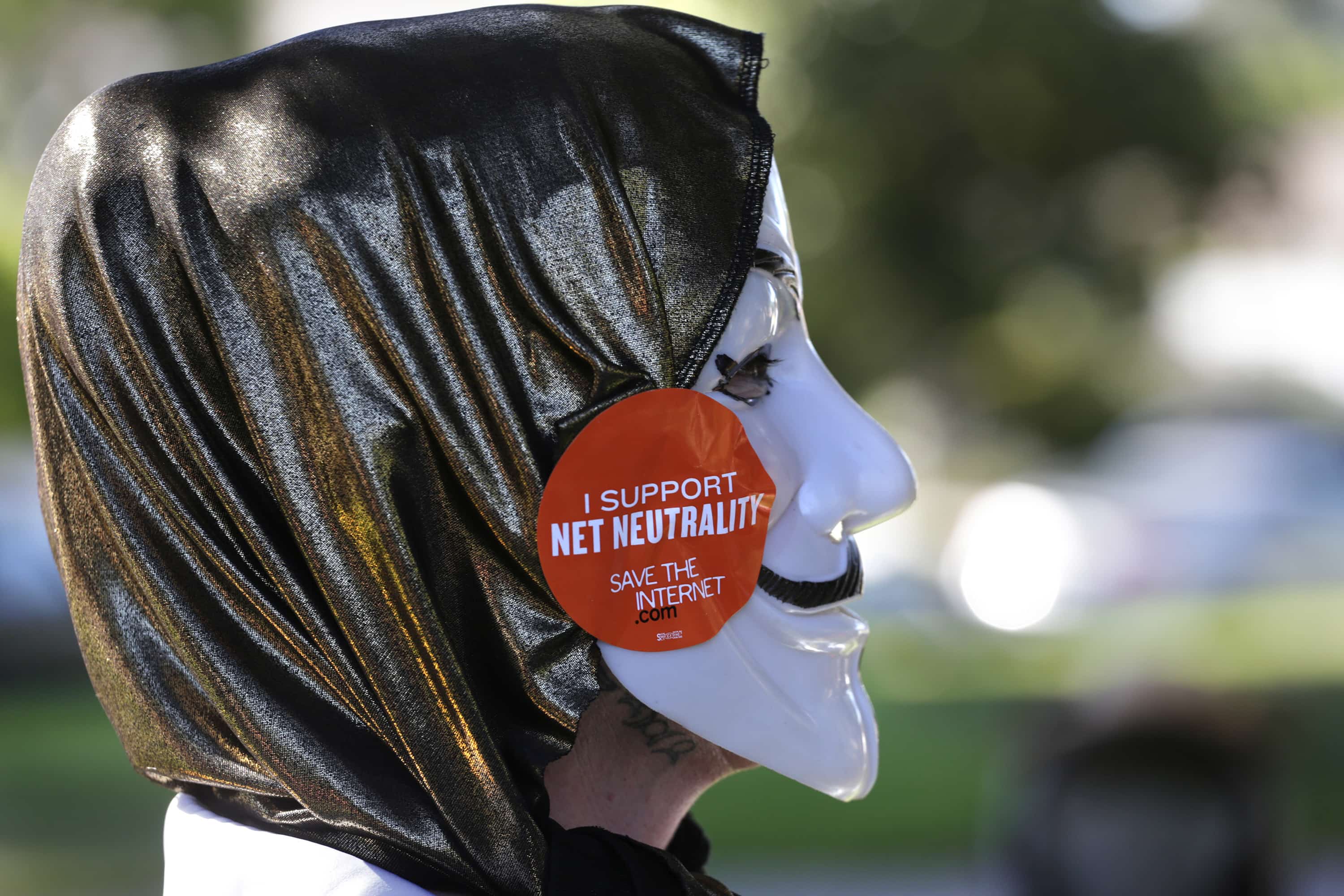
Net neutrality, “zero rating” and the global digital divide
EFF’s position on net neutrality simply calls for all data that travels over the Internet to be treated equally. This means that the organisation opposes ISPs blocking content based on its source or destination, or discriminating against certain applications, or imposing special access fees that would make it harder for small websites to reach their users.

Colombian student faces prison charges for sharing academic article online
Diego Gomez, 26, a Master’s student who researches biodiversity shared a research paper that he had used in his own work, online for others in his field to access. The author of the paper then filed a lawsuit over the “violation of [his] economic and related rights.”
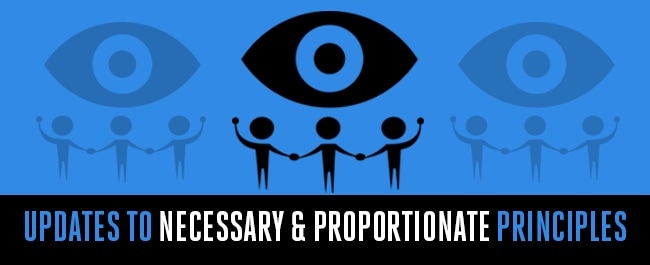
Deep Dive: Updates to the Necessary and Proportionate Principles
July 10 marks one year since EFF and a coalition of hundreds of experts and human rights activists put the finishing touches on the Necessary and Proportionate Principles. A recently published version of the Principles incorporates the feedback received over the past year.

How “The Right to be Forgotten” affects privacy and free expression
IFEX members reflect on the broader implications of “The Right to be Forgotten” ruling, which allows individuals to demand that embarrassing information about themselves be removed from search engine results.
